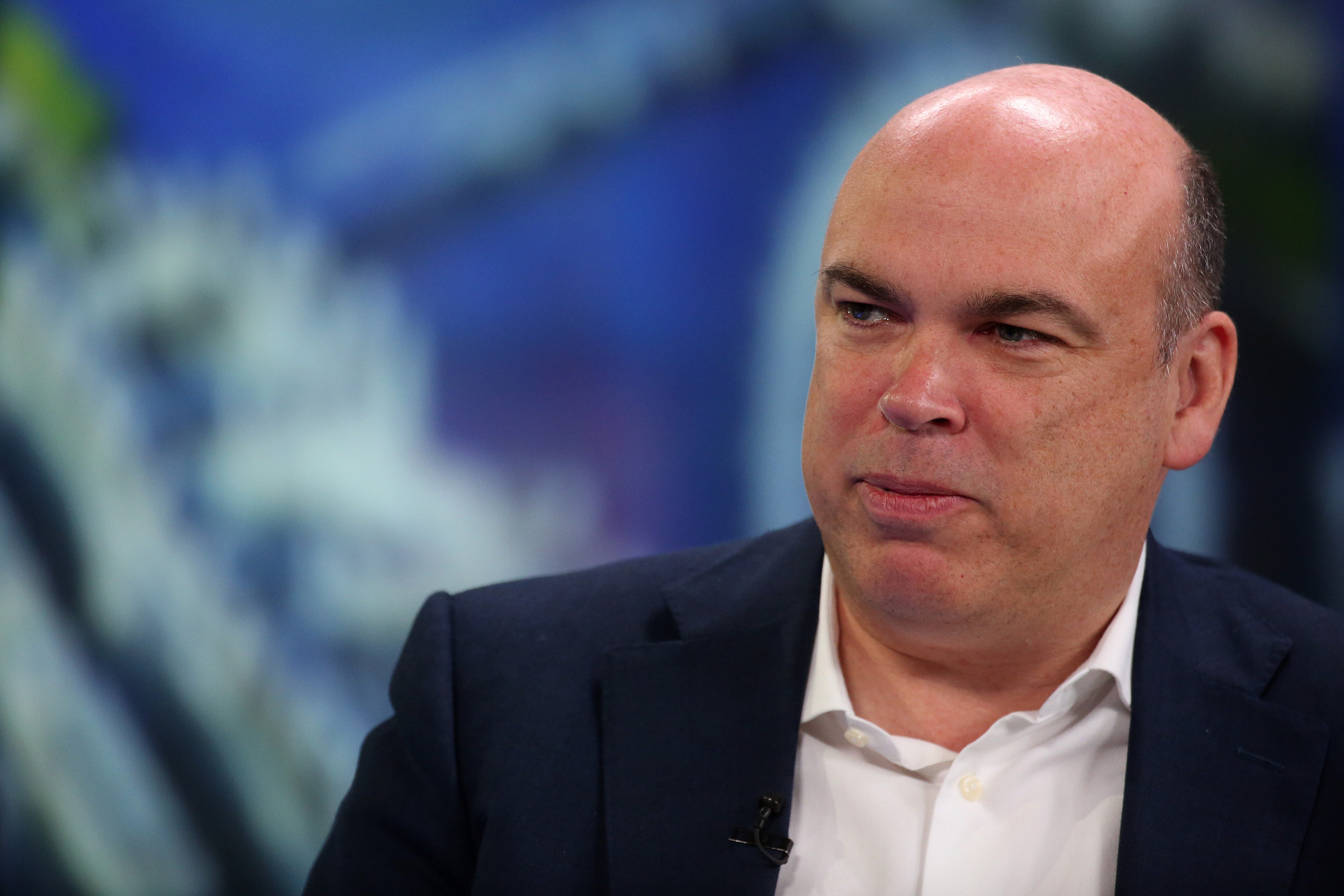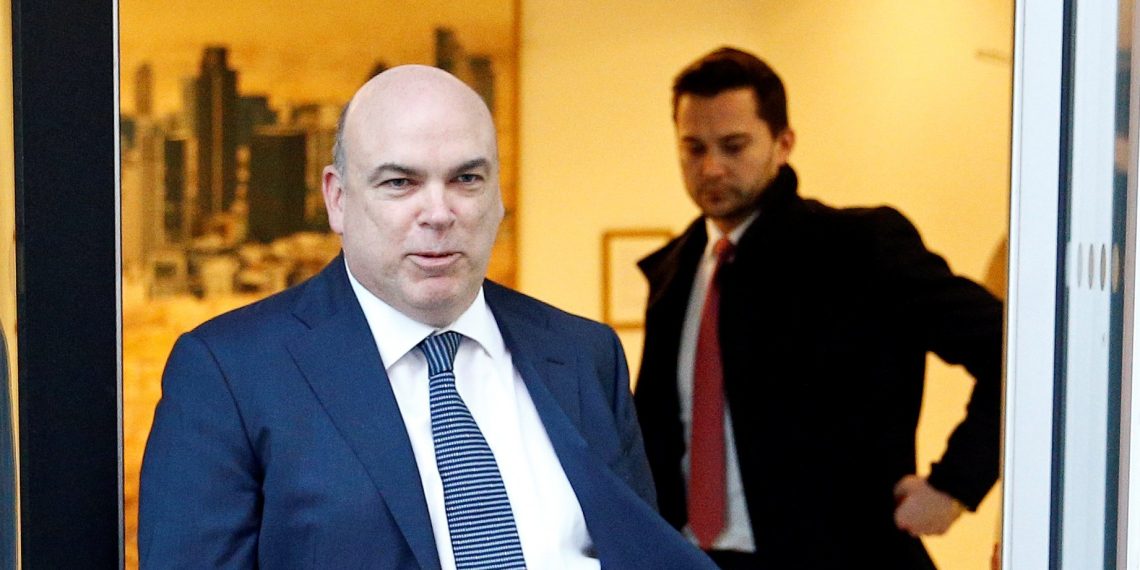Mike Lynch, the tech entrepreneur once hailed as Britain’s equivalent of Steve Jobs, is set to stand trial before a U.S. jury in California. The trial revolves around allegations that Lynch and former finance executive Stephen Chamberlain deceived Hewlett-Packard (HP) during the $11 billion acquisition of their software company, Autonomy.
Federal prosecutors in San Francisco accuse Lynch and Chamberlain of artificially inflating Autonomy’s revenue starting in 2009, ultimately leading to HP’s ill-fated purchase in 2011. The acquisition resulted in significant financial losses for HP, including an $8.8 billion write-down and the dismissal of its CEO.

Lynch’s legal battles began over a decade ago, culminating in a civil lawsuit in London in 2022, where HP substantially prevailed, seeking $4 billion in damages. Chamberlain, separately convicted in 2018, faces charges alongside Lynch in the U.S.
Despite fighting extradition, Lynch was brought to the U.S. after the British High Court denied his appeal. U.S. District Judge Charles Breyer granted Lynch bail secured by a $100 million bond, confining him to a San Francisco home under 24-hour guard.
Prosecutors allege Lynch and Chamberlain engaged in fraudulent practices, including backdated agreements and fictitious contracts, to artificially boost Autonomy’s financial standing. The trial, expected to last into late May, may feature testimony from former HP CEO Leo Apotheker.

Lynch’s defense team suggests he may testify in his own defense, as he faces 16 counts of fraud and conspiracy, with Chamberlain facing 15. Both maintain their innocence, with the jury required to reach a unanimous verdict for conviction.
While former Autonomy CFO Sushovan Hussain was convicted in 2018, a British court ruling in 2022 largely favored HP’s claims of fraudulent activities orchestrated by Lynch.
The trial underscores the high-stakes legal battle between Lynch and HP, shedding light on the complexities of corporate acquisitions and the legal ramifications of alleged fraud in the tech industry.





